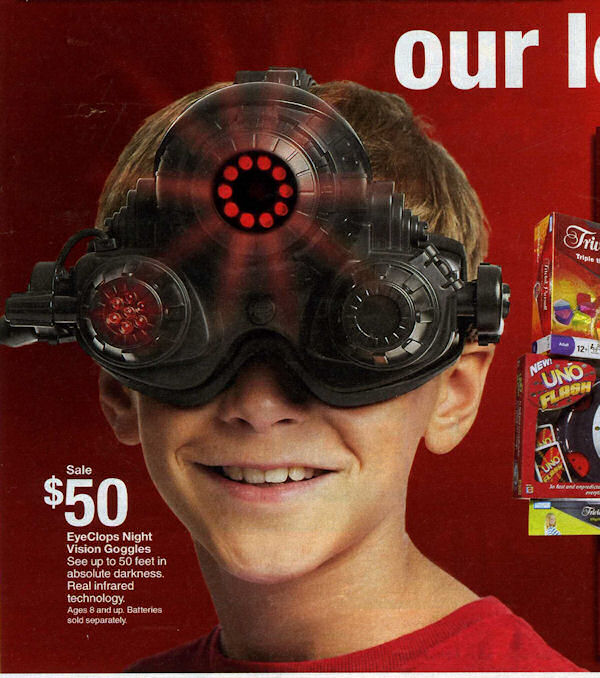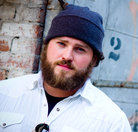This book collects a handful of Sartre’s stories, including “The Wall”, “The Room”, “Erostratus”, “Intimacy”, and “The Childhood of the Leader”. If you have read a Sartre short story, you have read “The Wall”. It’s the best of this anthology, and in an odd turn of events, the whole thing starts well and progressively gets worse. “The Wall” is a good story, but “The Childhood of the Leader” is a sixty page exercise in Sartrean pontification and excess.
Let’s face it; Sartre is not a writer whose philosophy dribbles out of his writing. His writing exists to prop up his philosophy, kind of like Ayn Rand’s fiction really lays out Objectivism. Ayn Rand had better plots, though. Sartre’s plots are very literary, and the tone of each story is self-consciously literary. Maybe that’s a factor of the translation undertaken by a student or something.
As such, Sartre deals with revolutionaries sentenced to death; a man gone mad and his wife; a man who just decides to kill someone; a wife who married an impotent man but cheats on him; and a guy who grows into an anti-Semitic leader. So these aren’t people I can necessarily relate to, which makes reading a chore. However, in some literary and high-brow fiction threads, that lack of identification and even repugnance throws me out of my bourgeous sentimentality or something. It also make reading Sartre for pure enjoyment impossible.
As I said, the books first two stories are the best. “The Wall”, about condemned insurgents spending their last night together in their cell and facing the Wall tomorrow, is oddly enough the most approachable. The narrator is forced to dwell on dying and dying well in a limited amount of time. It’s almost Hemingwayesque, but with a distinctly Existential twist at the end. “The Room”, on the other hand, is sort of two parts: It starts with the mother of the wife, confined to her room, as she gets a visit from her husband, a very practical man who’s off to go to tell his daughter what he thinks of her tending to her psychotic husband. He then goes and tells her. In the second part, the woman deals with the aftermath of her father’s visit and how she feels about the husband whom she loved. She wonders what his insanity is really like, experientially, and wonders if she’s going a bit mad herself. It’s a very complex tale, where one wonders about whether the father telling her to send her husband off to an institution is completely consistent, since he himself tends to the woman’s mother.
After that, it’s rather basic Existentialist hokum wrapped in stories about unsympathetic people. Worst of the lot, “The Childhood of the Leader” relies on the main character becoming the narrator of Nausea at three years of age, questioning his existence and the existence of things outside himself, before growing up, having an abortive homosexual relationship, and then turning anti-semitic for really no reason other than to wrap up the story.
Interesting if you’re a student of philosophy, but you can get more enjoyable life lessons out of classic English literature or hard-boiled detective novels.
I think I need to read some Camus to rinse this out of my head.
Books mentioned in this review:




